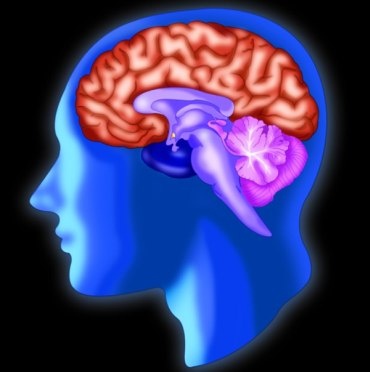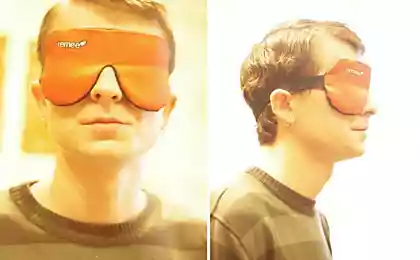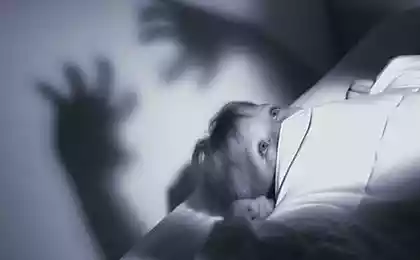1157
Scientists: you can learn in a dream

This is similar to fulfill the dream of every student: A study published in the latest issue of the journal Nature Neuroscience, shows that we are able to explore a completely new information at a time when we sleep
Scientists have shown that sleeping people can learn how to create and recognize the relationship between sounds and smells.
Anat Arzi of the Institute for Science them. Weizmann in Rehovot (Israel) and her colleagues used a simple form of learning, which is called the theory of classical conditioning to teach 55 healthy participants in the experiment to bind aromas with sounds during sleep.
Researchers repeatedly subjected sleeping experiment participants exposed to pleasant scents, the sources of which were deodorants and shampoos, as well as unpleasant odors such as rotting fish and meat. Each fragrance is consistent with a certain sound that is played while hastening to party source of the smell.
It is known that sleep plays an important role in strengthening the existing memories, and the creation of certain conditions change in the behavior of people in their sleep. Objects of study more intensively inhaled air during sleep, when they heard the sound associated with a pleasant smell, and breaths became weaker and less in response to a tone associated with an unpleasant odor.
But a recent study shows that the memory of the conditions created in a dream persists after the person wakes up. The subjects started to breathe as intense or more loosely, as in a dream, when to play certain tune them, despite the fact that they did not feel the smell. Participants in the experiment completely unaware that learned the connection between smells and sounds.

Scientists have recently discovered that the brain is so hard to get the knowledge that he's doing it even when you are sleeping.
Effect occurred regardless of what phase of sleep scientists recreate the chain of conditionality. However, the physiological responses were slightly more pronounced in participants who studied the association in REM sleep (REM), which usually takes place in the second half of a night's sleep.
Arzi thinks that the human brain is able to absorb more complex and far more complex information in a dream.
"This does not mean, of course, that you can put a synopsis under the pillow in the morning to wake up and tell all that is written in it, without hesitation, - she says. - There will be clear limits that we will be able to study in a dream, but I guess they will be far beyond the fact that we were able to demonstrate ».
In 2009, a neuroscientist at the University of Cambridge Bekinshteyn Tristan and his colleagues said that some patients who are practically unconscious or in a vegetative state can using classical conditioning to learn to blink in response to a waft of air in the eye. These reflexes can help clinicians to diagnose various neurological conditions and to predict which patients are most likely to prompt recovery.
"No one knows how neural networks are able to sleep amenable to training compared to the waking state," - says Bekinshteyn.
Results Arzi and her colleagues may be useful in the development of this field of medicine. In addition, thanks to this study, it is possible to develop treatments in a dream that will help deliver on phobias and other psychological pathology correct.
"Now we are trying to implement a useful behavioral modification through training in a dream, - says Arzi. - We also want to investigate the mechanisms in the brain that are involved in this process and the types of learning that we use in other states of altered consciousness such as coma and vegetative state. "
The friendly staff of the Russian Post: Go away, sssuka! (8 pics + 1 video SIFCO +1)
Ukrainian edible film developed for products























